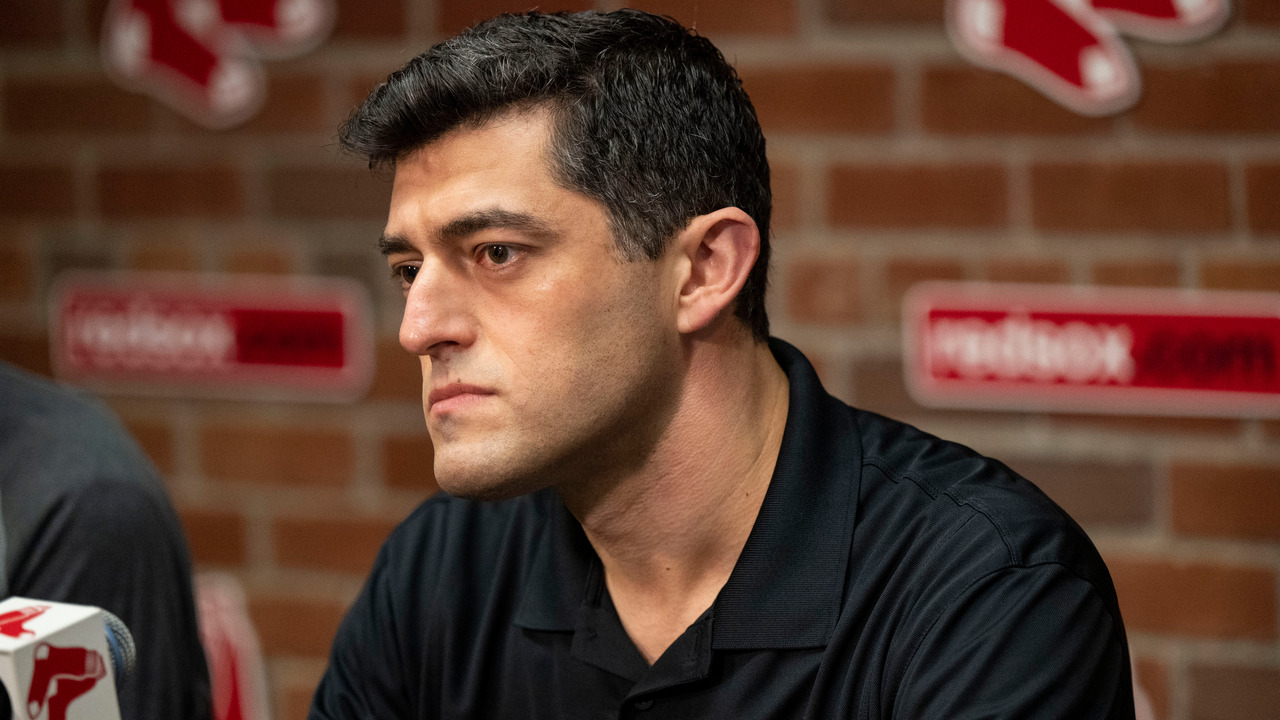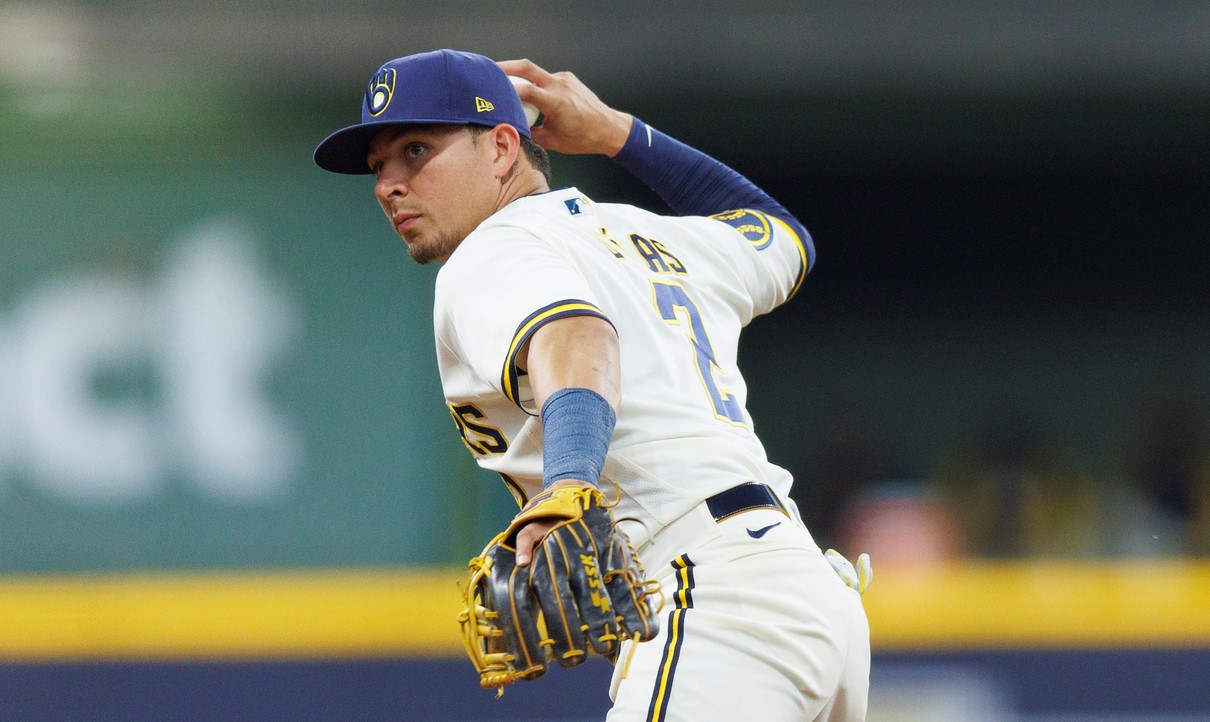Lou Gorman wondered where the Red Sox would possibly play Willie McGee. Dan Duquette bragged about spending "more days in first place" after a brutal collapse. Theo Epstein turned "bridge year" into an enduring pejorative.
To the list of regrettable utterances by those tasked with running Boston's beloved baseball team, there's a new nominee, courtesy of Chaim Bloom, and it might be the most offensive:
"We're underdogs this year."
Stay in the game with the latest updates on your beloved Boston sports teams! Sign up here for our All Access Daily newsletter.
The Red Sox, blessed with enviably abundant resources, are underdogs? The Red Sox, who sit just 2.5 games out of a wild card spot with no one between them and the Blue Jays, are underdogs? The Red Sox, baseball's hottest team for more than a month, are underdogs?
It's a small-market sentiment, and Bloom clearly recognized his error, because he appeared nervous and discombobulated for the rest of his media Zoom call on Tuesday. You could see him connect the dots in real time about how his words would be interpreted, which goes something like this:
He demonstrated he doesn't believe in this team with an embarrassing trade deadline that not only should make it hard for him to look a single player in the eye, but also calls into question his ability to one day build a World Series winner if he can't pull the trigger under pressure.
Given the opportunity to send a message that he believes in his clubhouse, that he had heard the calls of veterans Kenley Jansen and Rafael Devers to acquire reinforcements, Bloom instead froze like a Pompeiian at first rumble.
MORE RED SOX COVERAGE
While the Orioles added Jack Flaherty, the Rays pounced on Aaron Civale, the Jays snagged Jordan Hicks, the Rangers bet big on Max Scherzer, the Astros reunited with Justin Verlander, and the Angels filled their cart with a little of everything, the Red Sox turtled.
Technically, they added Brewers reclamation project Luis Urias, but considering his .145 average and demotion to Triple-A, that might count as less than nothing. He fits nicely on the Yu Chang-Pablo Reyes-David Hamilton continuum. Maybe next year.
Bloom justified his woeful inaction with a defeatist argument about playoff odds and the baseball gods, noting that the former disfavored his club after a recent three-game losing streak, and the latter tend to punish teams that aim to "win headlines."
Left unsaid is, I dunno, making a good trade that actually improves his roster. It's hard to imagine everyone who changed hands over the last 48 hours failing to impact the pennant race. Bloom's predecessor, Dave Dombrowski, accepted that he might miss on a Doug Fister or Andrew Cashner, as long as he unearthed a Nathan Eovaldi or Steve Pearce, two players who helped him win a championship. Nothing ventured, etc. . . .
But Bloom operates from a default position of tolerating roughly zero risk, which is a great way never to get burned -- or acquire anyone who might make a difference.
He exudes analysis paralysis, the inability to make a call when presented with an avalanche of information, an affliction that probably isn't helped by the team's rapidly subdividing analytics department. At some point, all of that data doesn't just diminish returns, it eliminates them.
This isn't a recent development, either, because Bloom's counterparts grumbled about how long he dragged out the Mookie Betts trade during his first offseason. Three years later, it's fair to wonder if his reputation for indecision is costing the Red Sox conversations on impact players.
After all, if you were a rival GM, and Bloom's name appeared on caller ID 15 minutes before the deadline, would you even answer?
What's the point? Why waste those dwindling moments engaging someone who's just going to find a reason to say no? If Dombrowski decided, for example, to make a late run at Verlander, the Mets probably would've listened. It's hard to envision Bloom being extended that same courtesy, but it's easy to envision teams eventually ghosting him on deadline day.
And that brings us back to his underdog characterization. While it's true that Boston's playoff odds have dropped a hair below 25 percent, it's also a gross misreading of the room for Bloom to leave his promising team high and dry when even a token transaction of support could potentially stave off the August swoons that have followed his last two deadlines.
I mean, since when is standing pat as July turns to August ever rewarded? If the Red Sox are underdogs, it's because their chief baseball officer decided to leave them that way.



